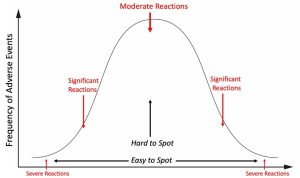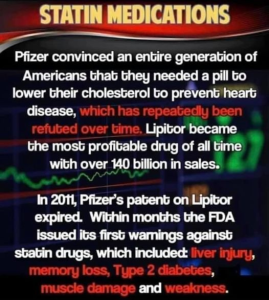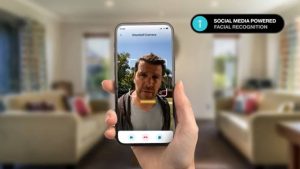New England Journal of Medicine Delays Publishing Critical Fault in Israeli Study for Two Years Misleading the World on Vaccine Efficacy
By Peter A. McCullough, MD, MPH
For new products, we must rely on large prospective, randomized double-blind placebo controlled trials in order to make therapeutic claims for reductions in hospitalization and death. With the COVID-19 vaccines, no such trial ever demonstrated risk reductions in these important endpoints.
Yet non-randomized observational studies claimed vaccines saved lives. Hoeg et al pointed out in a study by Arbel et al from Israel back in 2021, the non-COVID-19 mortality was considerably lower for those vaccinated. Early in 2021 the worried-well, in a fear-driven trance rushed out to wait in lines for hours at vaccine centers to be “saved” by the vaccine. This form of healthy subject bias created the illusion that the vaccine was working when indeed it was self-selection bias. In reply the authors concede even after maximal adjustment, the hazard ratio for non-COVID-19 death among those who received boosters was 0.23 indicating massive bias—invalidating any claim the vaccine lowered mortality.
https://petermcculloughmd.substack.com/p/healthy-subject-bias-deceptively







